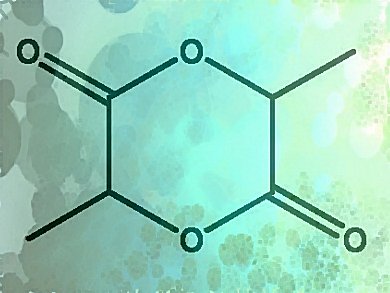Researchers at Nottingham University, UK, are developing supercritical fluids (SCFs) as “green” alternatives to volatile organic solvents. Now, working with colleagues at The University of Queensland, Brisbane, Australia, they have developed an SCF polymerization for producing the biodegradable polymer polylactic acid (PLA), which has applications in medical devices and electronics.
The ring-opening polymerisation of DL-lactide in supercritical CO2 could be performed at much lower temperature than the conventional reaction. The process uses benzyl alcohol as a reaction initiator and 1,8-diazabicyclo[5.4.0]undec-7-ene (DBU) as an organo-catalyst in what the team calls a “truly green” process.
- Controlled polymerization of lactide using an organo-catalyst in supercritical carbon dioxide,
I. Blakey, A. Yu, S. M. Howdle, A. K. Whittaker, K. J. Thurecht,
Green Chem. 2011, 13, 2032–2037.
DOI: 10.1039/C1GC15344G




![Synthesis of [c2]Daisy Chains via Mechanochemistry](https://www.chemistryviews.org/wp-content/uploads/2025/04/202504_RotaxanesWithSolidStateMechanochemistry-125x94.png)